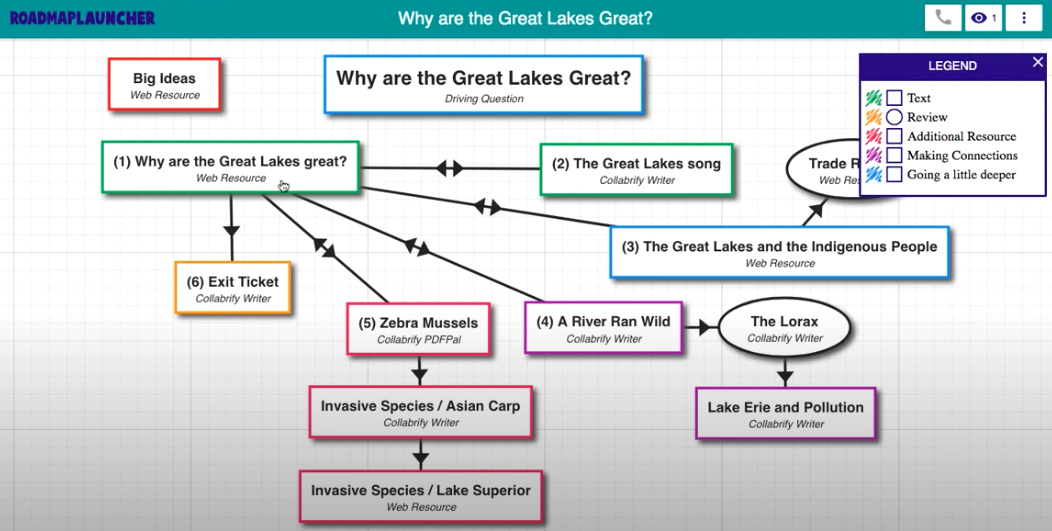Josh Meyer has built the software that your kids and teachers need
From his days as an online poker playing undergrad to his current role as a technology developer, Josh has discovered a passion – and built a platform – for online learning.

 Enlarge
Enlarge
Ten years ago, Josh Meyer (BSE CS 2012) was awfully good at online poker. So good, in fact, that he paid for his undergrad education at Michigan with his winnings. As a student, he would play poker at night and considered a future in which he would continue doing so.
Then, in April 2011, at the end of his junior year, all the poker sites were shut down by the FBI.
That fall, Josh recommitted himself to his studies for his senior year and prepared to move on in CS; it was, after all, a field that he had always felt a strong connection to. But he had not completed the internships or summer jobs in CS that his friends had, and he had not interviewed to line up a post-graduation job. He was feeling some pressure.
Josh decided to ask for advice, and he approached Thurnau Prof. Elliot Soloway. “I had taken a class with Prof. Soloway, and I had a great deal of respect for him,” says Josh.
Soloway offered Josh an opportunity to work on a short-term project in the summer of 2012 related to online education, and assuming that went well would help him to find a full-time position. “Josh was a great student,” says Soloway. “I was happy to have him working to help launch our online learning tools.”
And so, after graduation, Josh and another alumnus began working on Collabrify Map for Android. Collabrify Map is a concept mapping tool for K-12 students that allows them to work together, synchronously, in real time, to co-create concept maps that graphically organize and represent knowledge. This tool was the first plank in a platform of tools that Soloway envisioned which would enable a new collaborative and exploratory model of K-12 education.
The project turned out to be quite intriguing and the relationship worked, so instead of moving on at the end of the summer, Josh continued to work with Soloway. The next task was to write a whole suite of Collabrify apps and a collaboration service for the Android platform that would integrate with Maps. Once that was completed, they ported the suite to other platforms including iOS and Windows Phone. This was accomplished by having Josh and a couple of other alumni manage the efforts of a new set of undergrads.
The platform that Soloway had envisioned had become reality on major mobile platforms, and Josh had helped to make it. He was hooked.
Over time, the project grew and matured as the coders iterated and received feedback from users. Josh, who had by then become CTO of Collabrify.IT, says, “We learned what it takes to build a truly collaborative system, what constructs the software needs in order to enable effective collaboration, and what the limits should be in terms of what the software should do and what should be handled by the teacher.”

 Enlarge
Enlarge
A bit later, Google launched their own collaboration services, and Josh was challenged to think about the delivery and accessibility of the tools. As a result, they made two big changes. First, they switched to Google’s collaboration platform in order to be able to focus on the user experience of their own products, which included better unifying the interface across Collabrify applications. At the same time, they moved Collabrify off the native mobile platforms and onto a universal web-based offering. The interface for the software was rebuilt in Javascript and Josh’s team built their own collaboration service for the suite.
Throughout this progression, Josh found himself spending time in the field, demoing the software to students and teachers, watching them using it, and getting feedback. This helped to inform ongoing efforts to make the interface and software as easy to use as possible.
Today, the Collabrify platform reflects that care. It is mature and has been adopted by over 100 teachers and is in daily use by over 3000 students. “I’m now able to engage really meaningfully with the amazing teachers who are using the platform to build great curriculum,” said Josh. “I can work with them to create the features they need to make pedagogical sense for the curriculum they want to use.”
Collabrify is now also used as the vehicle to deliver curricula through Soloway’s new Center for Digital Curricula at U-M, which provides free, deeply-digital standards-aligned curricula for K-5. And although the vision for collaborative online learning and its benefits pre-date the COVID-19 outbreak, Collabrify and the CDC have arrived at an opportune time.
“We’re seeing a huge amount of interest in and uptake of the tools,” says Josh. “It’s really gratifying to be in a position where we can provide such a robust solution for online teaching and learning, because this is the type of platform that absolutely makes online learning not only possible, but enjoyable and productive.”
Before we could end this interview with him, Josh had one more thing to say: “I have to say that it’s been amazing working with Professor Soloway. He has a great vision for what technology can do, but he’s also given me the power and the freedom to learn as I go and to grow and learn and figure out how to make a great piece of software. It’s a very empowering experience working with him.”
 MENU
MENU 
